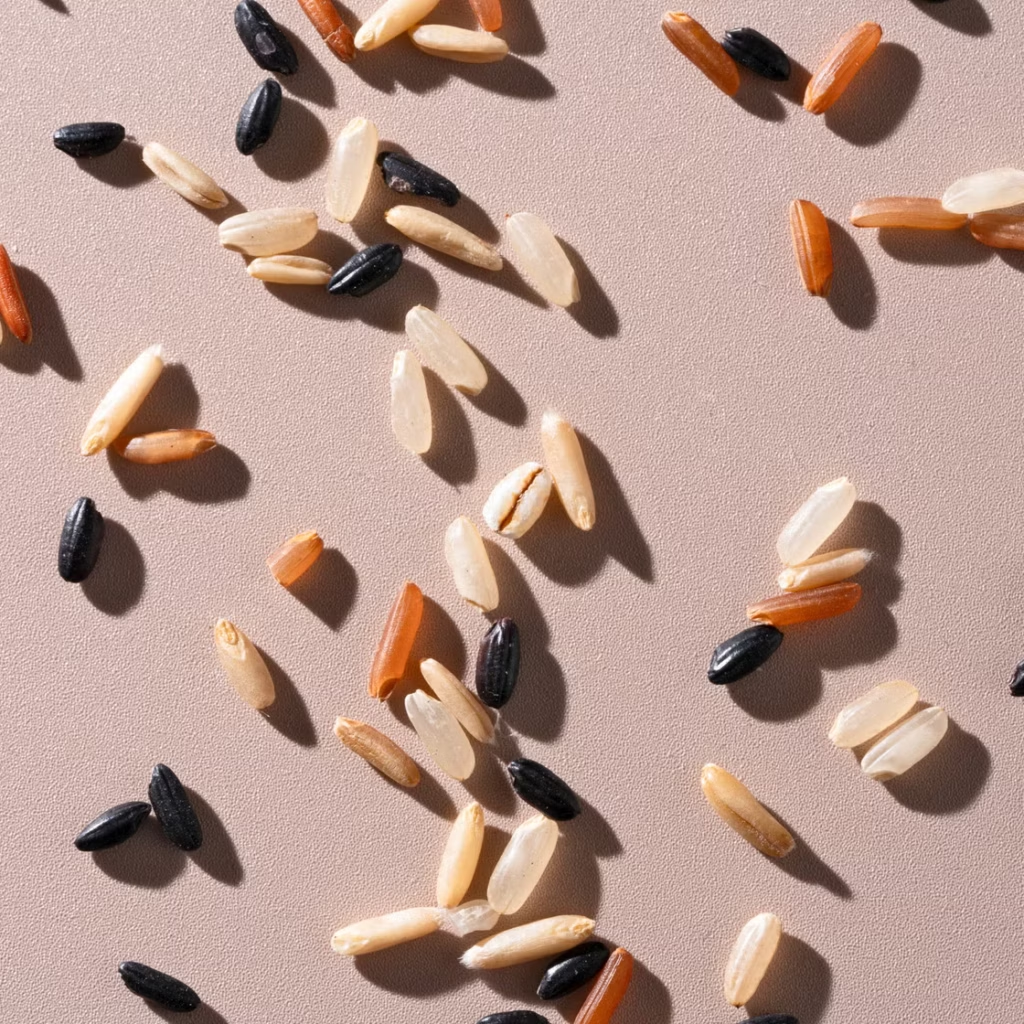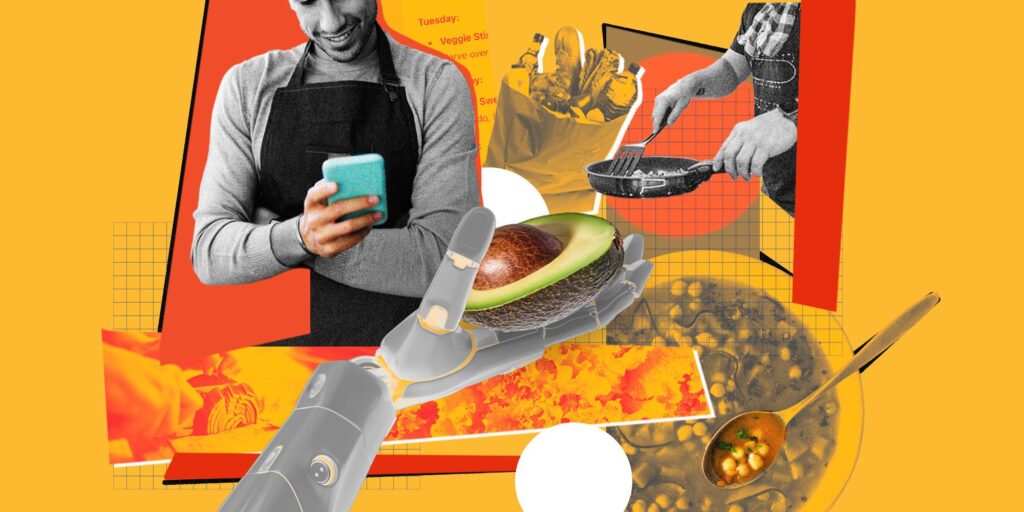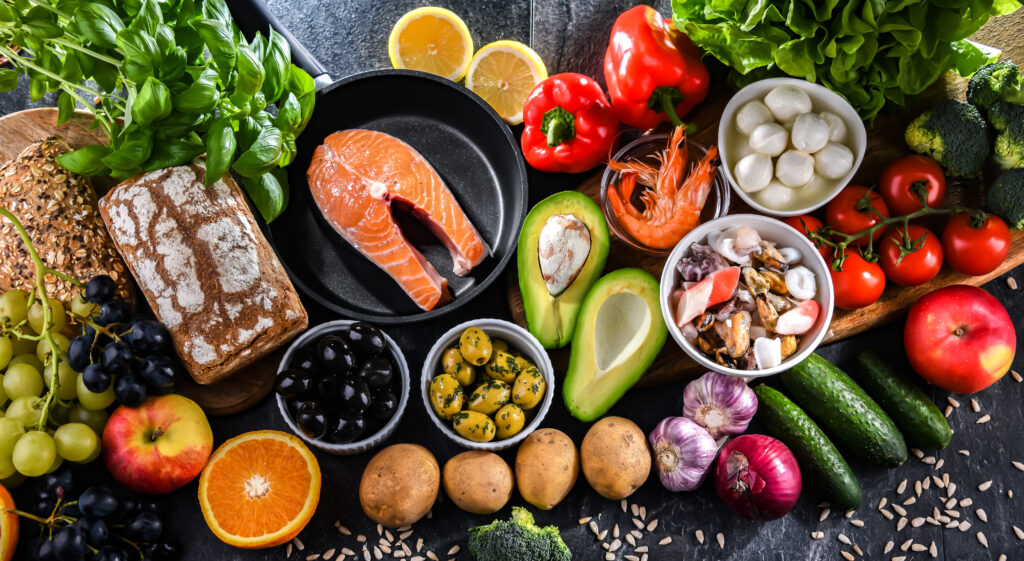THE WORDS ‘MEDITERRANEAN DIET’ doubtlessly conjure up images of a wide range of delicious foods and idyllic settings in your mind. After all, the Med has been described as more of a lifestyle than a diet. And even if you’re not downing seafood and pasta to your heart’s content while drifting through the day on a magnificent Greek isle, the image of doing so is part of the diet’s appeal—and part of its problem.
One of the most appealing aspects of the Mediterranean diet is its flexibility. Yes, red meat, processed food and sugar are no-gos. But by way of geographical proximity, endless pasta, fish, cheese, a daily glass of wine and enough olive oil to drown a low-lying Amalfi town are all acceptable staples under the Mediterranean diet. The Med isn’t as restrictive as keto or Atkins, allowing its acolytes to eat a range of foods which are frowned upon under other regimes. But the Mediterranean diet has become too flexible, and simultaneously, not flexible enough.
Twenty-three countries border the Mediterranean Sea. But when the progenitors of the Mediterranean diet were outlining its basics, they largely eschewed nutrients and ingredients that are common in dishes from North Africa, the Middle East and the Balkans in favour of Spanish, Italian and Greek cuisine. In case you weren’t aware, those aren’t the only nations in the Mediterranean. The sea stretches all the way from Morocco to Egypt, snaking past countries like Slovenia, Montenegro, Syria and Libya along the way.
The loosely defined yet sharply focused nature of the Mediterranean diet has had a two-fold effect. On the one hand, the rigidity of only eating foods belonging to tourist destinations like Italy and Greece deprives the body of essential nutrients that come from other cultures. On the other hand, its sharp geographical focus—it should really be called the Greco-Roman diet—contradicts its name. Calling the diet ‘Mediterranean’ creates a far greater sense of perceived flexibility than the diet really allows, granting its practitioners the ability to be liberal with their food choices and negating the diet’s beneficial impact.
This likely isn’t news that you want to be hearing. For decades, the Mediterranean diet has been one of the most popular diets because of its ease of implementation and the undeniable appeal of Mediterranean cuisine. The diet can still be effective though, and we’re about to walk you through how.
What are the basics of the Mediterranean diet?
The Mediterranean diet is centred around the traditional foods and eating habits of the Northern Mediterranean countries of Spain, Italy and Greece. Despite what its name suggests, it typically does not utilise Mediterranean cuisine as a whole, which includes North African, Middle Eastern, Balkan and Slavic cuisine.
The Med is known to be less strict than other popular diets and instead prioritises the quality of food that is consumed. As such, its tenets are more like guidelines than rules. The Mediterranean diet calls for a nutritional regimen based on fruits and vegetables, whole grains like brown rice and quinoa (which actually comes from South America but who cares, right?), healthy fats like olive oil, nuts and seeds, lean protein like fish, seafood and poultry, yoghurt and cheese as sources of protein and calcium, moderate consumption of red wine for antioxidants, and the use of garlic, basil and oregano as flavouring to reduce the need for salt.
That’s a long list of foods you can eat. The list of foods you cannot eat is comparatively short, with the only glaring omission being red meats—again, it’s not as if Mediterranean people don’t eat red meat, the diet just plays fast and loose with its adherence to what actually comprises the region’s traditional diet. Outside of red meat, processed food and sugar are also a no-go.
The Mediterranean diet is not just about food, either. The diet also emphasises a social and active lifestyle, including regular physical activity and meals enjoyed in the company of others. Social eating might sound like a strange concept at first—and no, it doesn’t miraculously cause rapid weight loss—but studies have shown convivial eating can have positive effects on mental health and promote adherence to dieting.

Getty Images
What are the benefits of the Mediterranean diet?
Back in the 1950s, heart disease was the leading cause of death in the USA—it still is today, but that’s not important. Scientists sought to uncover why the nation’s rates of heart disease was so high and undertook the Seven Countries Study, which analysed the diets of several nations in relation to rates of heart disease. It found that where consumption of saturated fats was lower, rates of heart disease were too. In particular, it found that Italy, Greece and Japan had lower rates of heart disease, and all had limited saturated fat intake.
The Mediterranean diet as we now know it was created based on that study and, as you would hope, has been shown to lower the risk of heart disease and other chronic diseases. It has also been linked to healthy ageing and increased longevity, with studies showing the diet leads to a 46 per cent higher chance of living to 70. The Med can also benefit weight loss, with studies indicating it’s more effective than low-fat diets like keto.
What’s the problem with the Mediterranean diet?
You’re probably thinking this all sounds great, what’s the catch? And really, the point we’re trying to make is that there is no catch. The Mediterranean diet is fundamentally healthy and can have a range of benefits. The problem with the diet is that people are bending its rules with increasing ease, while others follow it so strictly that they’re missing out on the benefits of other foods.
The Mediterranean diet was formulated with the understanding that the diets of Greeks and Italians resulted in lower rates of heart disease. But giving it the all-encompassing title of ‘Mediterranean’ has led many to believe that food from any nation surrounding the Sea is healthy. Plenty of foods from Mediterranean nations are not healthy. Consuming copious amounts of pizza, pasta and garlic bread simply cannot be discounted by the fact that Italy lies at the centre of the Mediterranean. That’s way too many carbs.
The inverse is also true. While the foods that can be consumed under the rules of the Med are healthy, there are plenty of foods the diet prohibits that also hold nutritional benefits. Red meats, for one, are an unbeatable source of iron, zinc and vitamin B. Saturated fats, which are a veritable taboo amongst Med fans, can also improve brain health and lower the risk of stroke. Completely eliminating these from your diet can be harmful.
How can you optimise the Mediterranean diet?
To optimise your Mediterranean diet, you’ll need to stop looking down upon couscous because it comes from a different side of the Mediterranean and stop thinking that some greasy gyros after a night out is a healthy choice just because Greece is a powerhouse of the region. As is the case with most nutritional advice, the key is balance. But in this case, it’s also diversity.
While the flexibility of the Mediterranean diet will allow you to eat pretty much anything, that doesn’t mean you should. Focus on what is really permitted under the Mediterranean diet, not just what comes from the Mediterranean. On that same note, limit focusing solely on what comes from the Mediterranean altogether. There are a range of foods from elsewhere that are just as, if not more, healthy. Quinoa is a staple of the Mediterranean diet because it’s considered more nutritious than rice. But as we mentioned earlier, quinoa comes from South America, not Europe. If that doesn’t underscore the need for diversity in your diet, we don’t know what will.
Related:
The Mediterranean diet isn’t just kind to your waist, it’s also good for your sex life















